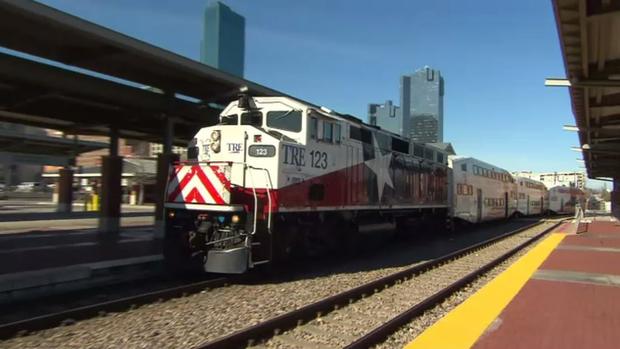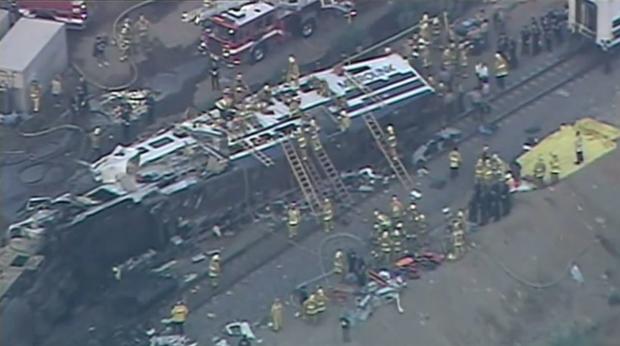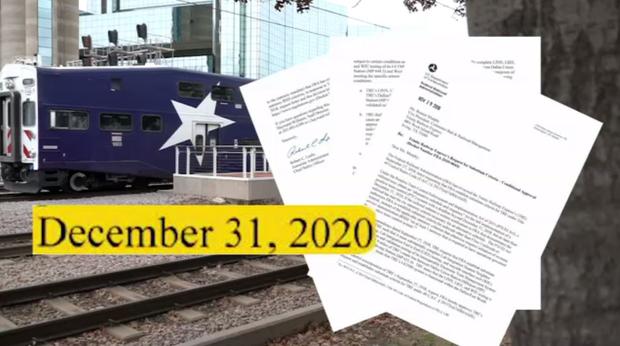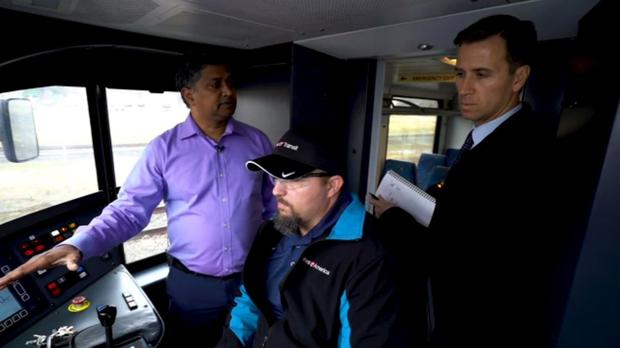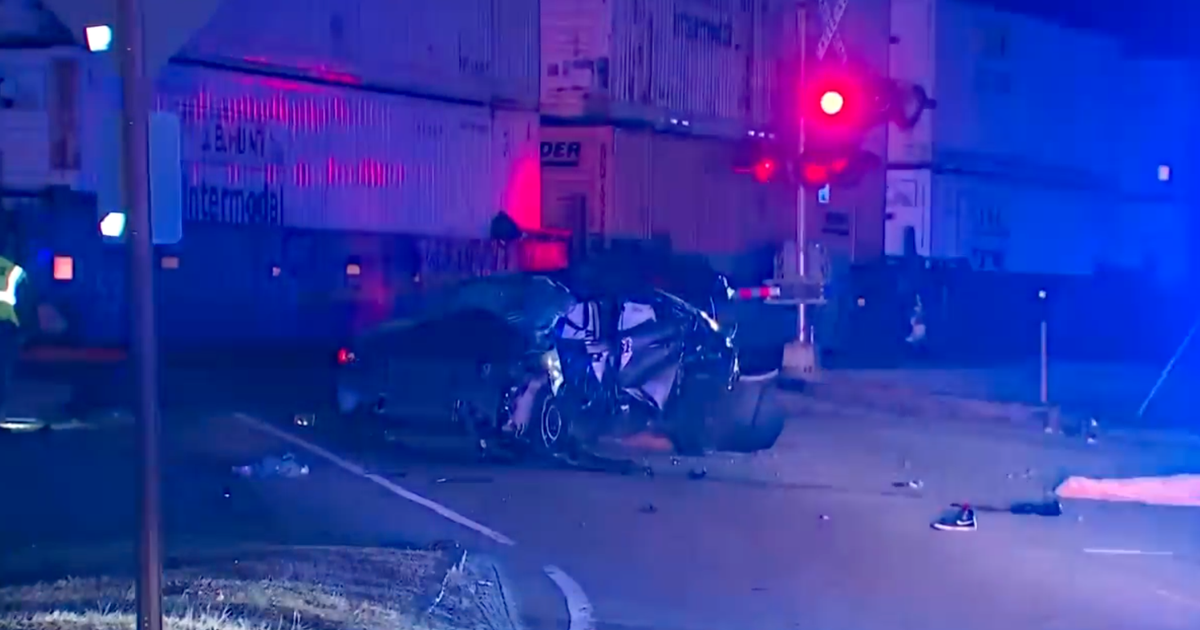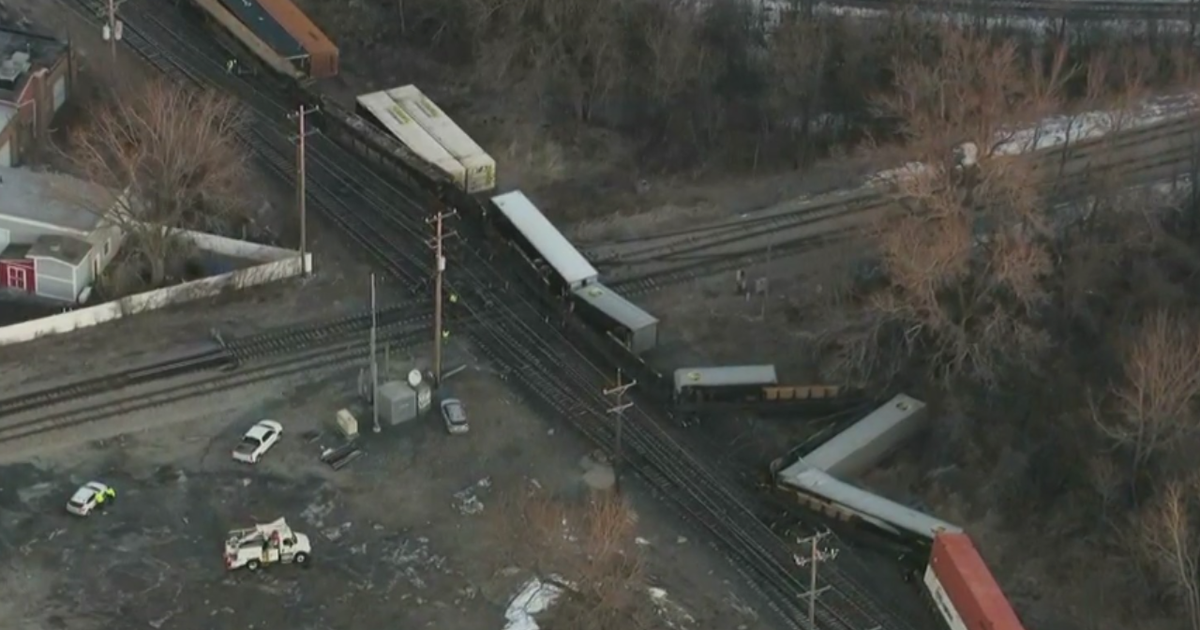North Texas Commuter Train Gets 2 More Years To Meet Safety Requirement
DALLAS (CBSDFW.COM) - Monday marks the federal deadline when all passenger trains across the country are supposed to have an automatic braking system that was mandated by Congress more than a decade ago.
But the most-ridden commuter rail line in Texas will not have the life-saving braking device in operation.
The Trinity Railway Express (TRE), which takes on average 8,000 passengers between Fort Worth and Dallas daily, has finished installing the equipment needed for a positive train control (PTC) system but needs another two years to have the system fully operational.
In 2008, Congress ordered all trains to install a PTC system after 25 people were killed in a train collision in Chatsworth, California.
Since then the federal government has pushed back the deadline from 2015 to 2018 and now from 2018 to 2020.
In September, the TRE wrote the Federal Railroad Administration (FRA) that having the system in operation "would not be possible" by the December 31, 2018 deadline.
With only one vendor capable of doing the work, TRE officials said installing PTC technology has been far more challenging than originally expected.
"We wish things were easier but they are not," said spokesman Morgan Lyons, "The good news is we are in compliance."
Last month, the railroad administration granted the TRE an extension pushing back the PTC deadline to December 31, 2020.
Meanwhile, North Texas' other commuter rail line, the A-train operated by the Denton County Transportation Authority (DCTA), has become the first in Texas to have PTC up and running.
The A-train, a 21-mile commuter rail line connecting Denton and Dallas counties, started running its trains with PTC technology this month.
DCTA officials said the system still needs final certification from the federal government to meet all the mandated PTC requirements.
The way the technology works is computers installed on the trains and along the tracks notify the engineer if the train is going too fast or if there is a problem with the track ahead. If the engineer does not slow down, the system automatically stops the train.
"It takes away any human error," explained DCTA Director of Rail Services Rony Philip.
While DCTA is ahead of most rail lines in the country, train officials said the decade long process of installing a PTC system has been challenging.
"In the beginning there was practically no guidance, no funding from the federal government. We pretty much had to start from scratch," Philip said.
Since 2008, according to the National Transportation Safety Board, there have been 23 train crashes across the country, resulting in 52 deaths, that could have been prevented if the trains had PTC technology.
